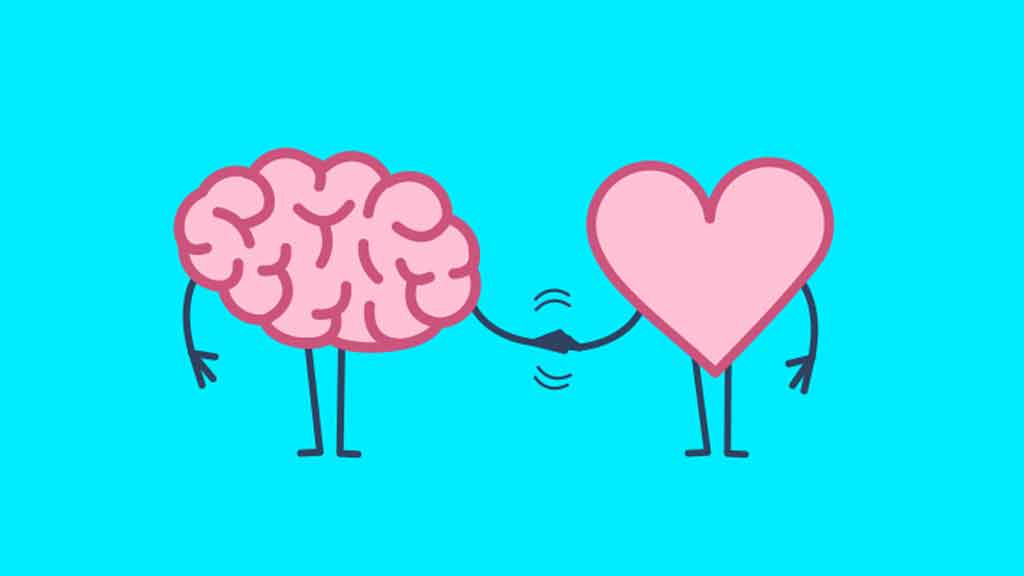Emotional intelligence (EI) may be a buzzword in many circles, but there’s no question that emotionally intelligent nurses are sought after communicators, team members, and healthcare professionals.
A nurse with a high emotional quotient (EQ) is worth his or her weight in gold.
Emotional Intelligence in Nursing
Emotional intelligence, a term originally coined by author Daniel Goleman, is basically defined as the ability to be aware of, and control, one’s own emotions, and to read and respond empathetically to the emotions of others.
One’s emotional quotient (EQ) is the measure of one’s EI.
In nursing and healthcare, relationships and communication are everything; thus, a nurse with a high EQ is more likely to have successful interactions with colleagues, managers, and patients and their families.
Being sensitive to the feelings of others while also acknowledging one’s own emotional state is a gift, and nursing leaders and hiring managers would be prudent indeed to hire staff with a high EQ.
And since emotional intelligence can actually be taught, it is in the best interest of every healthcare institution to offer trainings and in-services that will increase the EQ of those staff members who need it most.
The emotionally intelligent nurse can listen to a patient’s explosive angry outburst, assess the patient’s emotional state, and keep her own reactions in check. The nurse can then respond in a calm and rational manner that demonstrates understanding of, and empathy for, the feelings of the patient, without any reactivity on the part of the nurse.
This is a skill that is difficult to master but essential to learn.
This nurse with a high EQ can also relate to her colleagues in a similar fashion. She’s a strong, assertive team member, a good friend, and a reliable emotional barometer in terms of the health of the group.
As stated above, she’s worth her weight in gold.Why EI Matters in Healthcare
The human aspects of healthcare are where emotional intelligence comes to bear. Healthcare delivery is dependent on relationships between colleagues and relationships between staff and patients – communication is everything when it comes to quality care and positive interactions on every level.
When staff members are working in the OR, unresolved conflict can cause a wrinkle in the smooth operation of the team, potentially leading to less than desirable outcomes.
Human feelings are fickle, and a team member with hurt feelings could unconsciously sabotage another team member’s work, which could ultimately lead to patient harm and the fraying of the team fabric.
Nurse leaders need to understand that they can demonstrate their own EI to staff members and lead by example with an empathy-based approach steeped in high-level communication skills. This process can also assist the earnest leader in more fully understanding the needs, desires, goals, and feelings of staff members, as well as the inner workings of group/team dynamics.
For nurses worried about the impact of bullying and aberrant behaviour on the part of their colleagues, a high EQ can help the nurse steel herself against bullying and respond to inappropriate behaviour professionally, assertively, and with less emotional investment.
In terms of patient care, the nurse with a high EQ can navigate any relational challenge with patients and families. Emotional intelligence can assist the nurse in feeling greater empathy for the plight of others, leading to stronger nurse-patient relationships and improved outcomes.
Something to Nurture
Emotional intelligence is worthy of both individual and organisational attention and effort. For healthcare institutions, having staff and leaders with a high EQ bodes well for teamwork, continuity of care, cooperation, and ultimately, the financial bottom line. For individuals, relationships can be easier to navigate when EI is on board.
The notion of EI and EQ are not going away. In fact, an increasing number of organisations are learning just how crucial it is for recruitment, retention, succession planning, and team-building. Being on the cutting edge of the EI wave is of great benefit to both emotionally intelligent individual nurses and the forward-thinking organisations who employ them. 
